5 Things to Do in Little Tokyo, California
Never been before? We’ll be your trustee Little Tokyo guide with a day’s worth of fun things to do in Little Tokyo.

Spice things up and experiment with oils. Don't deprive yourself of the world's most delectable flavors by only having just one type of oil in your kitchen. From sunflower oil and avocado oil to extra virgin olive oil and cottonseed oil, there's an oil for every dish, temperature, and cooking technique.
But given the overwhelming number of types of cooking oils, it might be confusing to decide which one to use and when. Top cookbooks and online cooking classes are a great way to try new recipes; now, it's time to pair the right oil with the right cooking method. Our guide to California cooking oils will help you explore the plethora of flavor profiles and master the ways to use them.

Does your business rank among the best in California?
nominate a businessLearn more about our selection criteria and vetting process.
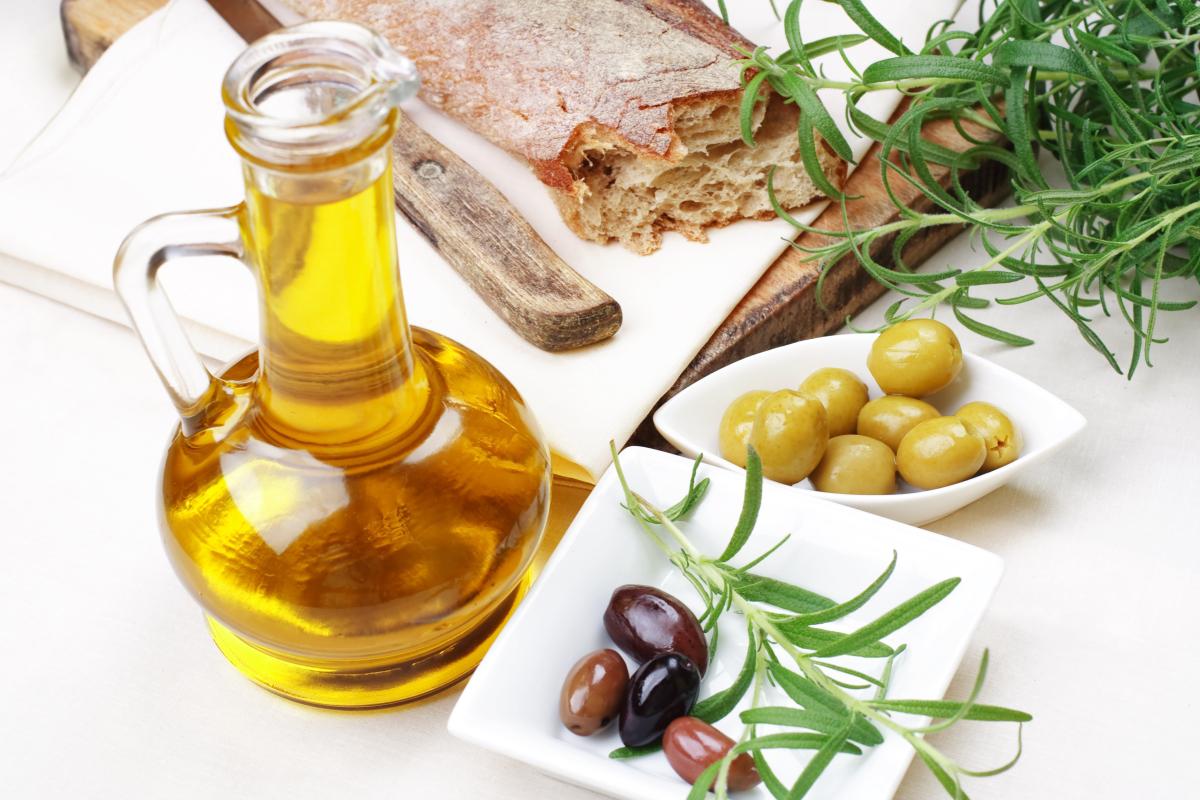
The Golden State produces world-renowned extra virgin olive oil (EVOO), making it a kitchen essential. The unrefined oil, which was a low level of oleic acid, doesn’t contain additional chemicals and isn't altered by temperature. EVOO's characteristic features are its golden-green color and light peppery finish.
Thanks to the way its produced, EVOO retains the taste of the olive and also contains more vitamins and minerals than the other type of olive oil. In addition to the health benefits, EVOO also has a lower smoke point, meaning it needs a lower temperature to burn. This makes it a high-heat cooking oil suitable for a great variety of dishes.
An excellent quality extra-virgin olive oil may be more costly, but it’s amongst the healthiest cooking oils you can find. It’s an excellent choice for dipping bread, drizzling over cold dishes, and cooking stir-frys.
Olive oil is the refined version of extra virgin olive oil—but it lacks the olive flavor, aromatic scent, and color of EVOO. During the refining process, the olive oil also loses its bitterness; the bitterness affects the oil's flavor and reduces the number of antioxidants and anti-inflammatory properties found in EVOO.
A practical choice for everyday cooking, olive oil's flavor profile works wonderfully with various types of cooking, including grilling, sautéing, frying, and roasting. The lighter, more neutral taste pairs perfectly with salad dressings and hearty sauces; it's also a wonderful addition to baked goods because it doesn’t alter the intended flavor, so you can use it as a substitute for butter or margarine.
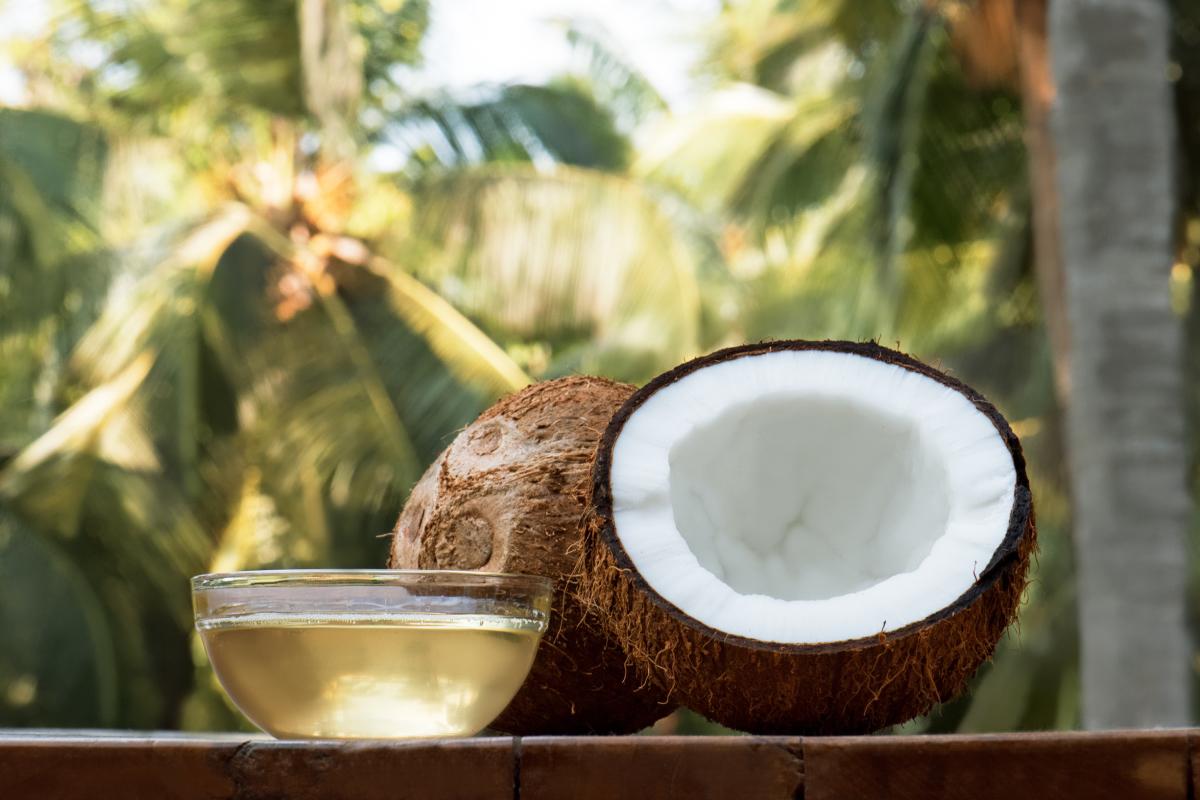
Coconut oil is very useful to have in your kitchen. You’ll love how versatile and nourishing this oil can be. It's also considered essential for paleo and keto diets. Similar to olive oil, coconut oil can also be virgin (pure/unrefined) or refined. Coconut oils can have different smoke points, too. Virgin coconut oil has a lower smoke point and is ideal for baking and sautéing. Refined coconut oil has a smoke point of 400°F, which makes it one of the best oils to use when cooking at a high temperature or frying. The oil is rich and flavorful; it's a fantastic substitute for butter.

Known as one of the oldest types of vegetable oils, sesame seed oil has been used for thousands of years. Because the seeds are hand-harvested, sesame oil can be pricey—you've probably tried the toasted version, which is used in stir-frys. A lighter cooking oil made from raw sesame seeds (known as gingelly), this oil is popular in South India; it's also used at high-end tempura restaurants in Japan.
If you're looking for the best oil for stir-fry, opt for one made of sesame seeds. There are two types: toasted and untoasted sesame oil. The latter can easily be confused with vegetable or peanut oil due to its lighter color and taste, whereas toasted sesame oil is much richer in taste and darker in color. The bolder taste of toasted sesame oil is better for cooking, especially if you love making Asian cuisine.
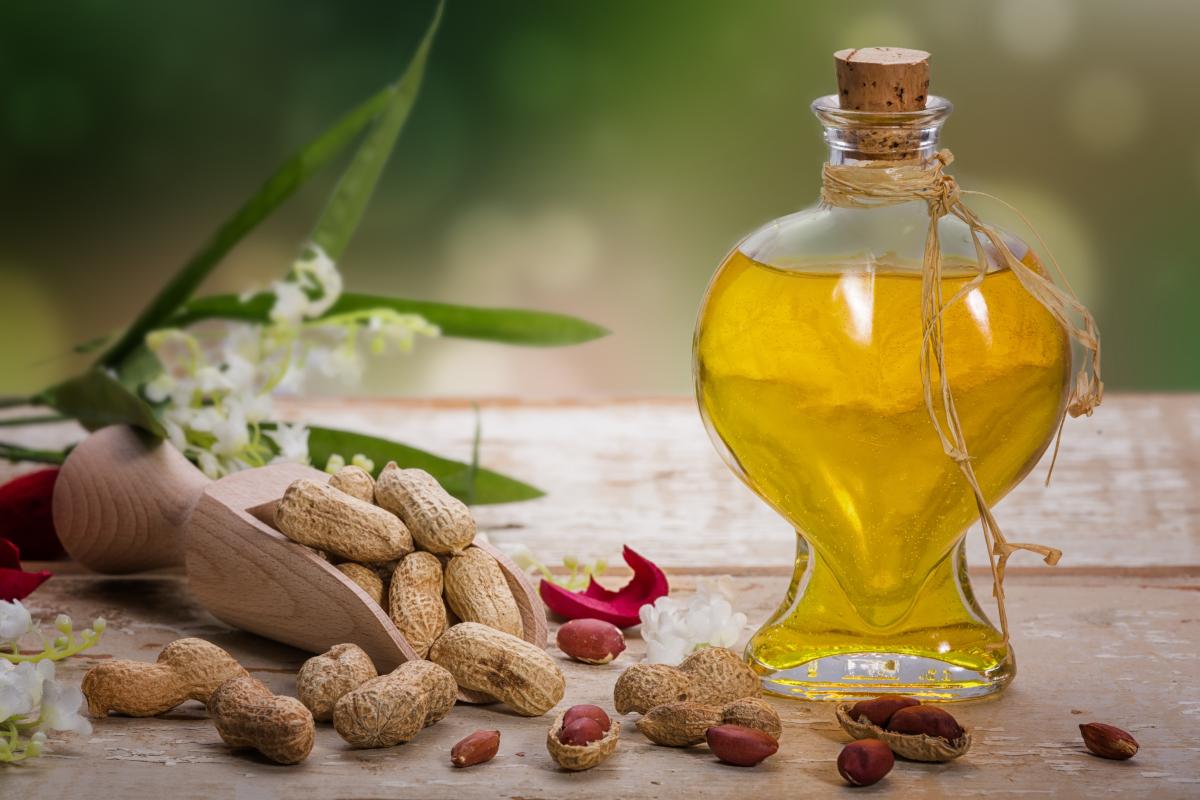
Peanut oil is a great cooking oil because it doesn't overpower the taste of the other ingredients. The vegetable-derived oil has a light and nutty flavor; it adds a unique touch to the dish without absorbing other flavors. It is often used in American, Chinese, South Asian, and Southeast Asian cuisine. Peanut oil is especially great for deep-frying foods, creating crispy exteriors and soft interiors—the perfect combo.
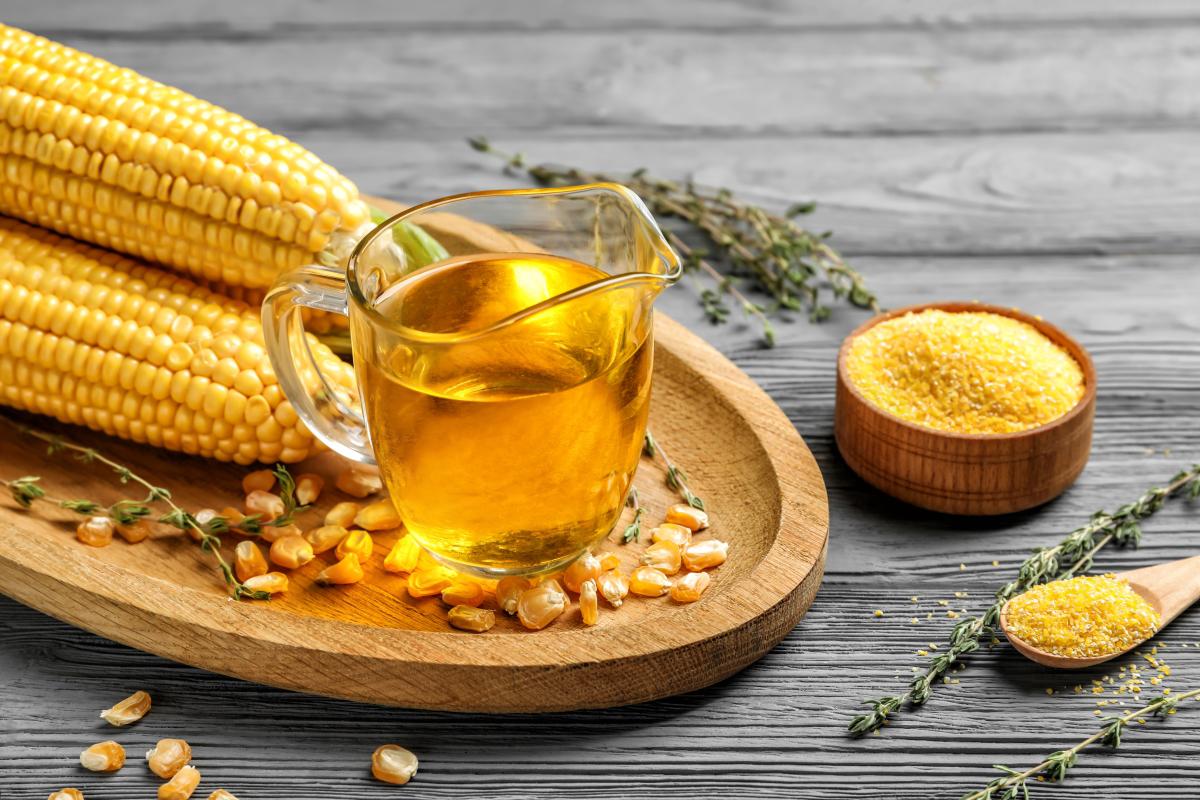
Corn and canola oils have a lot in common when it comes to cooking. They both have more neutral flavor profiles, making them ideal for baking and frying. Both oils also have low saturated fats, contain no carbohydrates or cholesterol, are plant-based, and have approximately the same caloric content.
The main difference between the two oils is that corn oil is extracted from its namesake plant, and canola oil is made from edible rapeseed plants. Canola oil is better suited for cooking than corn oil. With a higher smoke temperature, canola oil is a better choice for frying and sautéing. Plus, due to its lighter and more neutral flavor, canola doesn't affect the overall taste of the dishes you’re cooking. If you’re thinking of substitutes for canola oil, go for avocado oil since it has a high smoke point like canola oil.
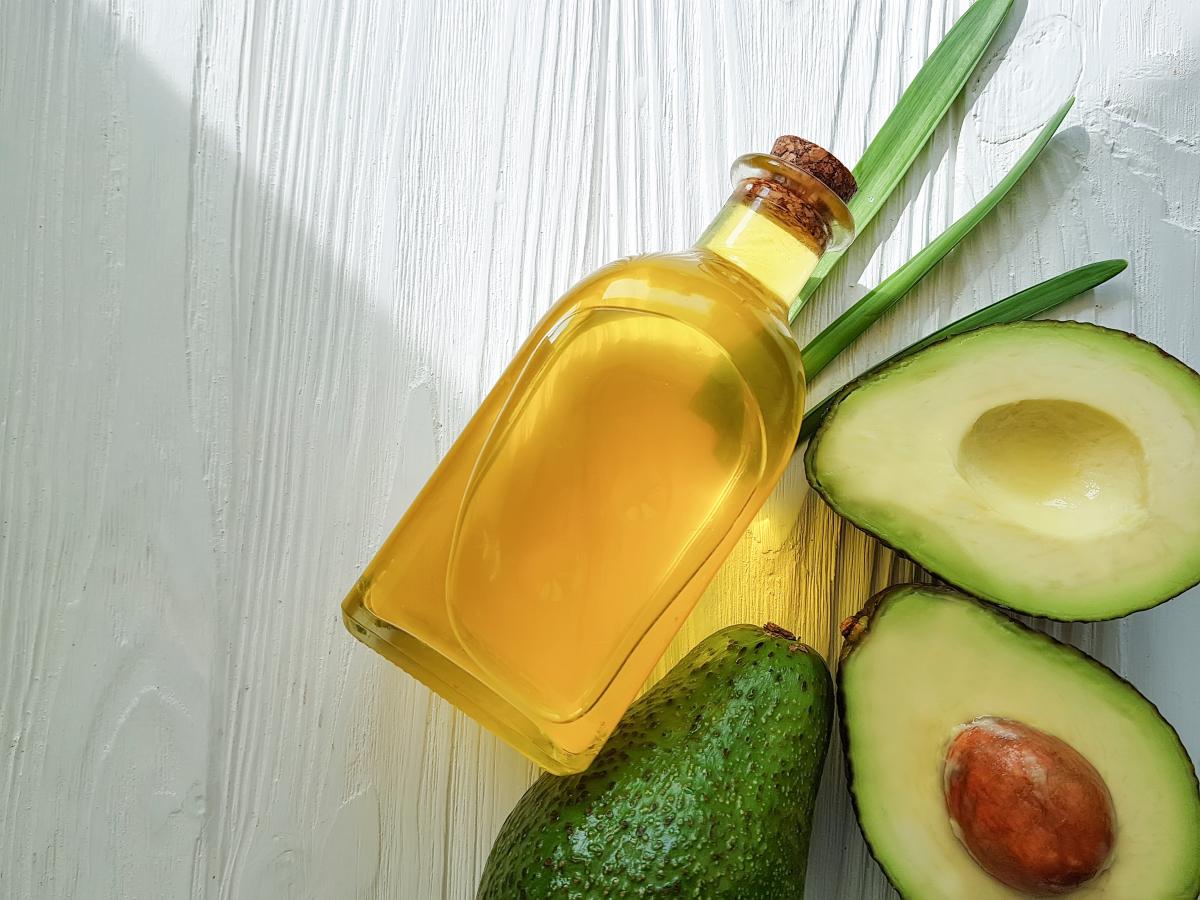
Guac your world with avocado oil. Pressed from avocados, the oil's health benefits are endless. The oil preserves the avocado's nutrients and antioxidants—even when used while cooking, the oil's nutrients aren't diminished, so you'll reap the benefits while savoring the taste. Avocado oil is also a healthier option for frying; the oil doesn’t break down during high-heat cooking thanks to its extremely high smoke point, yielding a nutrient-dense frying oil.
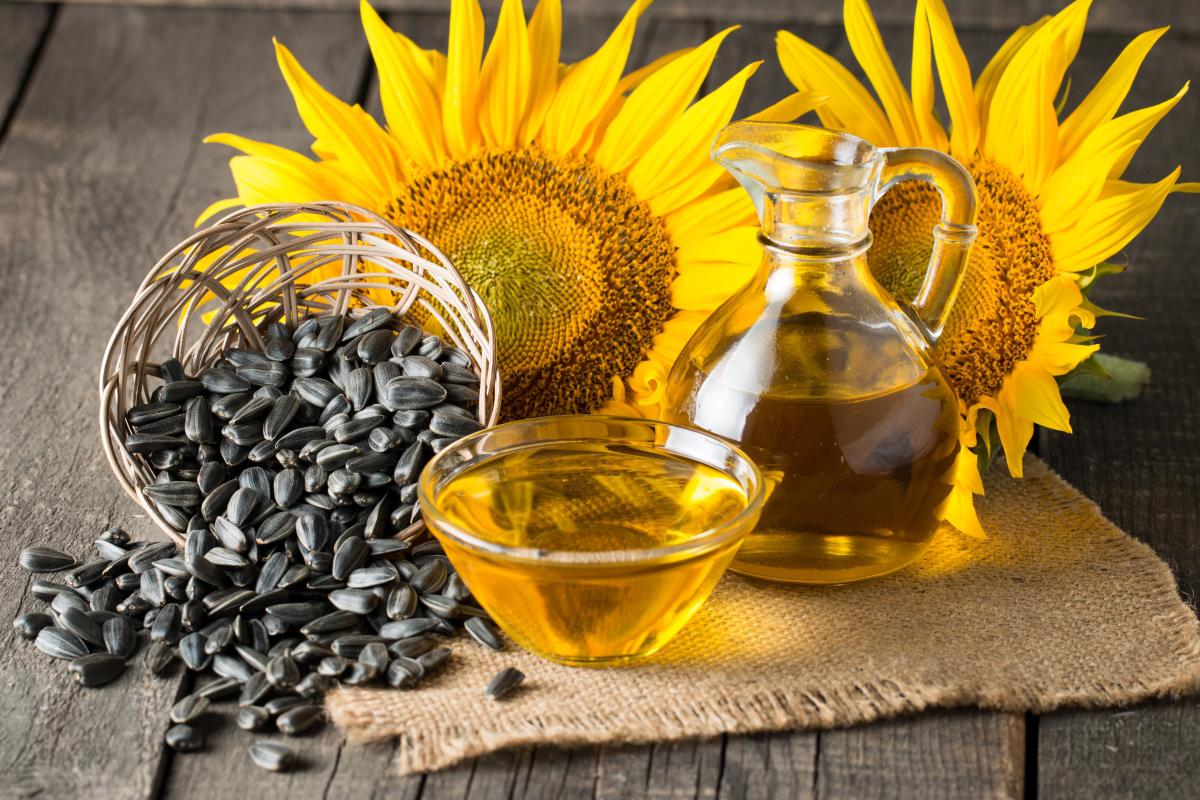
Sunflower and safflower oils are so similar that they can easily be used interchangeably. These natural, non-GMO options are equally healthy and beneficial. Both oils are refined, light yellow in color, and mild in flavor. (During the refining process, high temperatures remove most of the flavor.) They are also a healthy alternative to vegetable oils and are well-suited for deep-frying. When it comes to both sunflower and safflower oils, the healthiest ones contain the highest amount of oleic acid.

Another healthy vegetable oil is soybean oil, which is extracted from the soybean plant. This oil is extremely versatile thanks to its high smoke point and is suitable for frying, baking, and roasting. Its flavor profile is mainly described as neutral and mild, making it a flexible option for many different types of dishes. Soybean oil may also help alleviate skin problems, promote heart health, and strengthen bones.
Extracted from the seeds of cotton plants, cottonseed oil is a popular base for condiments such as salad dressings and mayonnaise and pairs well with potato dishes. Cottonseed oil adds a creamy texture and rich flavor to fried dishes; it's also more cost-effective compared to olive oil, which is why many restaurants prefer cottonseed oil when frying food.
Looking to jazz up your meals even more? Check out the best California-made condiments you'll want to put on everything.


Never been before? We’ll be your trustee Little Tokyo guide with a day’s worth of fun things to do in Little Tokyo.

People go on Memorial Day weekend getaways as an indirect celebration of life. How do you plan on celebrating the long weekend?

From undulating mountains, to coastal expanses, to verdant forests, here are some of the top spots for backpacking in California.

Settled off the California coast, the Channel Islands offer endless adventures. Here are the best things to do and how to get there.

